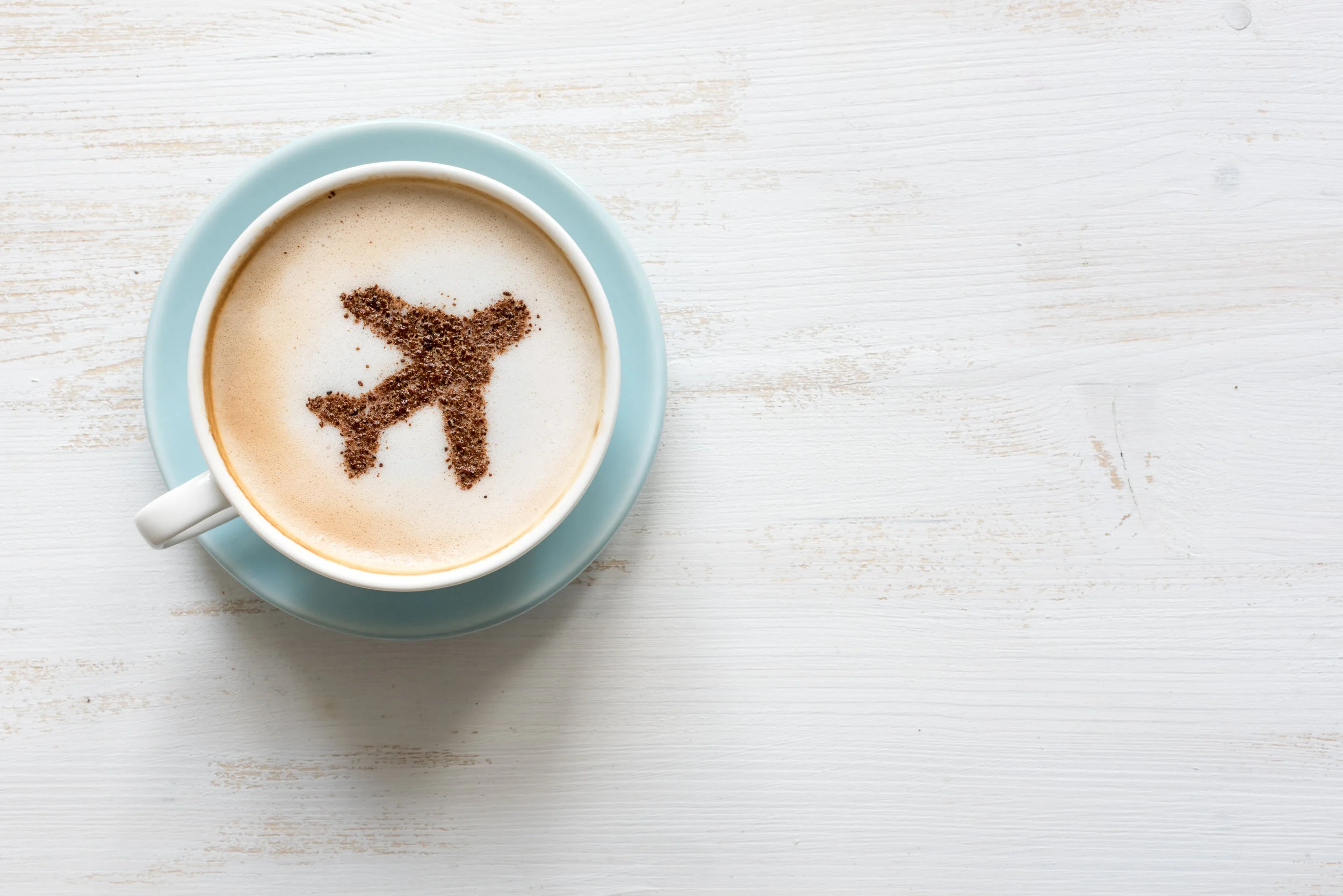Have you ever been relaxing in the hot tub in the winter, and then jumped into the chilly pool? The shock of the cold water knocks the breath from you, but after you swim around a while, your goose bumps shrink and it starts to feel normal. Then, have you ever jumped back into the steaming hot tub? Pins and needles jab at you all over your body, your body feels like it's being burned it's so hot, and you feel tingly in your fingertips and toes. After the initial thirty seconds or minute, though, you adjust to the hot water again, and it too feels normal.
This jump from the freezing water back into the hot tub is reverse culture shock.
It's deeper than the way the absence of honking and blaring horns surprises me on the roads back here in America. It reaches beyond the short shorts and difference in fashion and modesty.
My favorite definition is this: "Culture shock is the disorientation of discovering that all the cultural patterns we have learned are now meaningless" (Paul Hiebert, "Culture Shock: Starting Over").
This is why, four months after I returned to the United States, I still feel inklings of disorientation throughout my days. All the cultural patterns I learned in Cambodia - the ones I studied and worked so hard to understand and remember - are useless here. The language, the mannerisms, the greetings, the socially acceptable ways of interacting and the complexities of humor. A lens through which to view the world, a persona outfitted to operate in a certain setting.
Here, though, the outfit I wove for so long to match those around me in Cambodia is set aside. I take it off and fold it and put it neatly in storage, next to my elephant pants. Of course I still have my jeans and t-shirt, but they feel stiff and strange.
What's stranger? The days I wear them again and finding them uncomfortable, or the days I wear them and find them just as comfortable as ever, as though I never changed out of them?
Some people have this amazing elasticity in their minds and hearts. They can transition from culture to culture easily; they don one pair of clothes and switch to another in a heartbeat.
That isn't me.
I'm learning to be okay with this. I'm learning to take life slowly, one day at a time, chewing my food all the way through before I try to swallow.
I take changes slowly, especially changes in culture, countries, language, people. I wade through the change carefully, inspecting and noticing all the differences. I inch forward a little, pause to take it in, and then inch forward a little more.
I still miss Cambodia. I miss the people and laughter and jokes and places and of course, the food. I miss the community. I miss so many things, and I'm sad and sometimes angry all the cultural patterns I learned there are meaningless here. It calls for grieving. This is a huge loss.
Perhaps this is the simplest way to explain culture shock:
Culture shock is experiencing tremendous loss.
